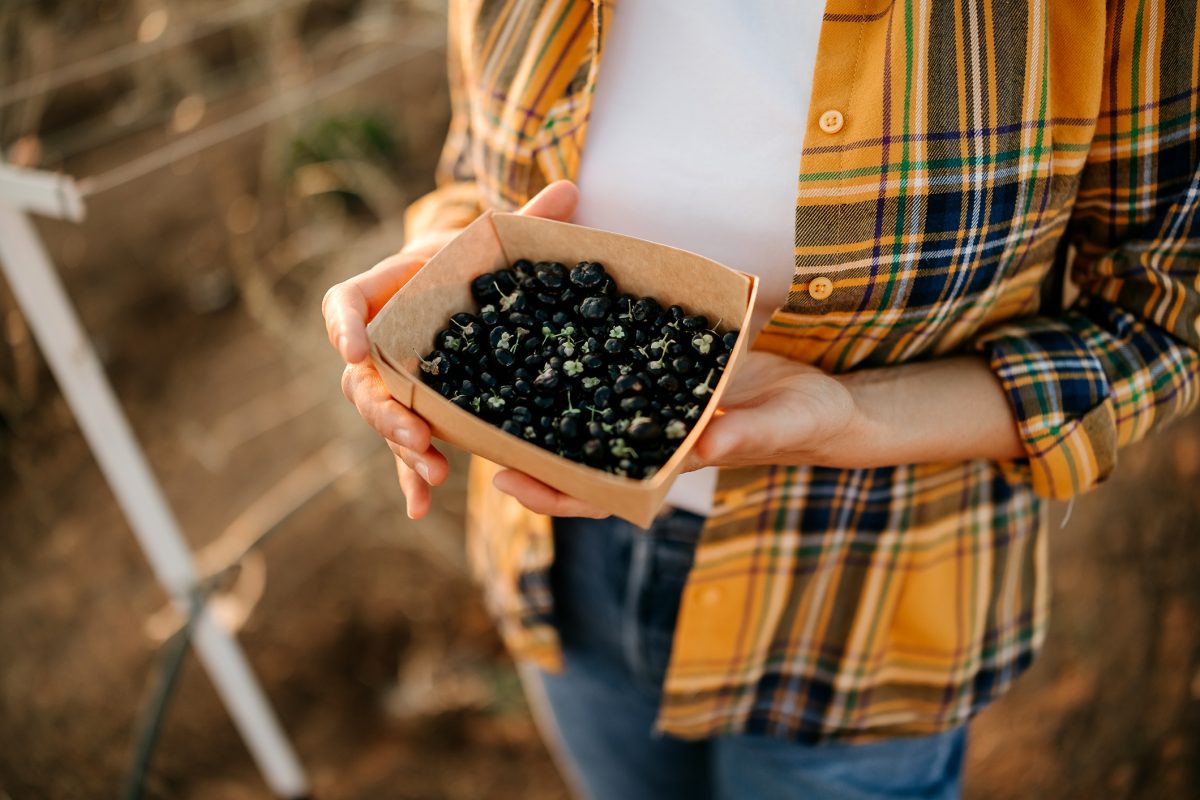At age 68, if you ask me what disease I fear the most, it isn’t Alzheimer’s, heart disease, or even cancer.
It’s osteoporosis.
That’s right. Since age 40 or so, I’ve been losing bone mass. That means that a fall that breaks my hip could be more deadly than a cancer diagnosis.
The medical community takes this danger seriously. There are ongoing attempts to find ways to slow the loss of bone mineral in post-menopausal women and prevent the fractures that could endanger their lives.
Here’s a recent one that holds great promise.
Blackcurrant berry prevents bone loss
At the University of Connecticut, a new study has found that supplementing a powdered form of the tart berry known as blackcurrant can reduce post-menopausal bone loss and prevent osteoporosis.
At the University of Connecticut, Professor Ock Chun, professor of nutritional sciences in UConn’s College of Agriculture, Health and Natural Resources, has been working with blackcurrant berry for years to see what health conditions it can improve or prevent.
Since her previous research with mice showed that the berry prevented bone loss, she wanted to find out whether this finding would translate to humans.
… but will it work in humans?
In this study, 40 peri- and post-menopausal women ages 45 to 60 took either one or two capsules of blackcurrant powder daily, or a placebo.
After six months, the researchers found that the supplements prevented the loss of bone mineral density throughout the body. More amazingly, those who took two capsules daily actually showed an overall increase in bone mineral density!
The researchers also saw that the supplements increased a bacteria found in the gut microbiome called Ruminococcus 2, inferring that it could be one of the drivers of the protective effects blackcurrant has on bone density.
Blackcurrant: From bone loss to blood sugar
According to nutritional sciences graduate student Briana Nosal, who is the first author on the paper, “This study shows that blackcurrant may be a potential dietary strategy to help in preventing post-menopausal osteoporosis.”
But that’s not all blackcurrant can do…
Diabetes during menopause can compound the risk for weak bones. But blackcurrant can help here too by improving insulin sensitivity and decreasing the risk of type 2 diabetes.
In one study, women given blackcurrant products found their post-meal blood sugar and insulin levels were reduced from their maximum level and experienced a delayed increase in free fatty acids triggered by low blood sugar and delayed fall of glucose. In other words, no blood sugar spikes!
Additional ways to reduce your risks for osteoporosis include:
- Don’t smoke. Hormonal changes caused by smoking could alter the function and strength of bone cells.
- Get your vitamin D and calcium. A diet low in these nutrients increases the chances of developing accelerated bone loss later in life. Consume adequate calcium through dairy products, leafy greens and fortified foods. Vitamin D is a little harder to get naturally from foods that are not fortified. Supplementing may help.
- Exercise! Weight-bearing exercise and strength training are both important for healthy bones.
- Eat less sugar. Read here how it destroys your bones.
Sources:
Study Suggests Blackcurrant Supplementing Mitigates Postmenopausal Bone Loss — University of Connecticut
Blackcurrants shape gut microbiota profile and reduce risk of postmenopausal osteoporosis via the gut-bone axis: Evidence from a pilot randomized controlled trial — The Journal of Nutritional Biochemistry
Read full article here




